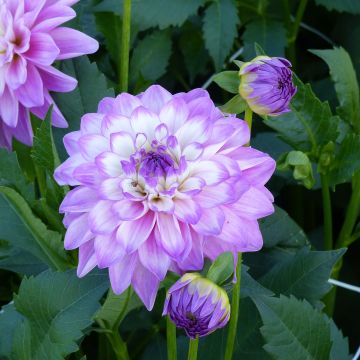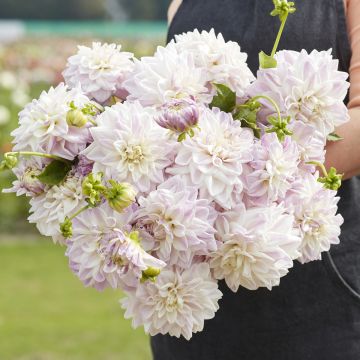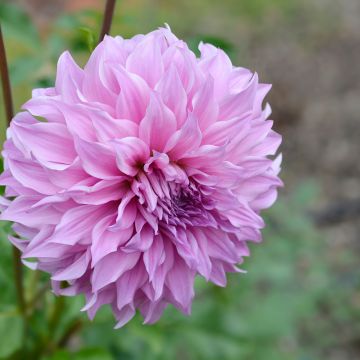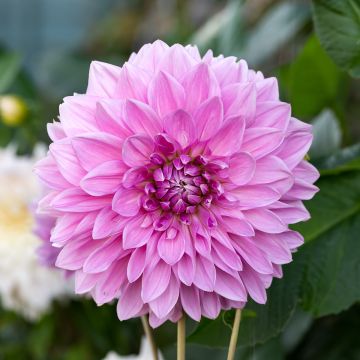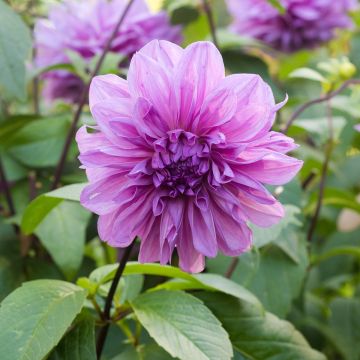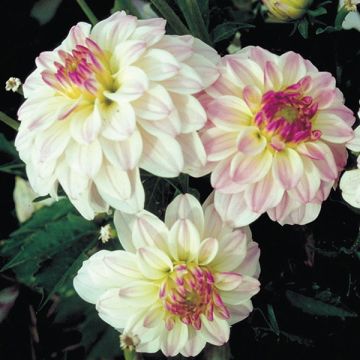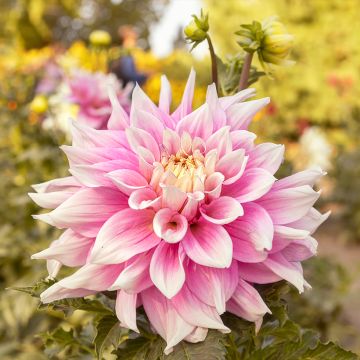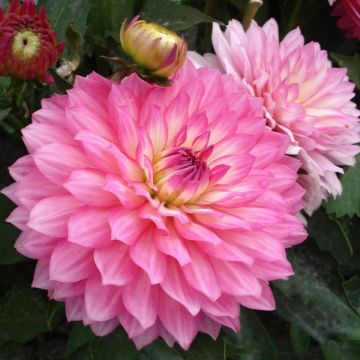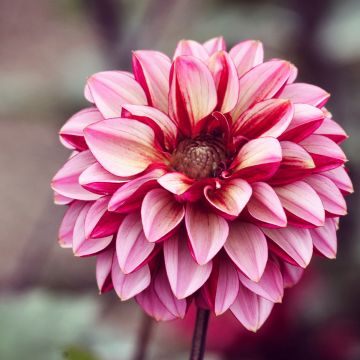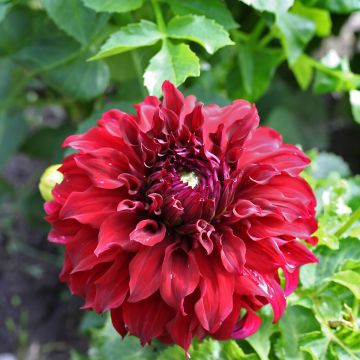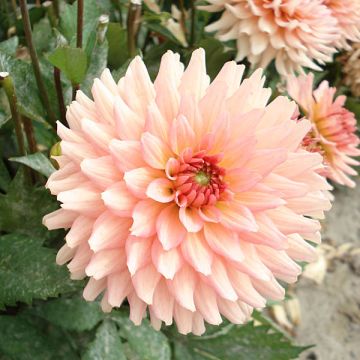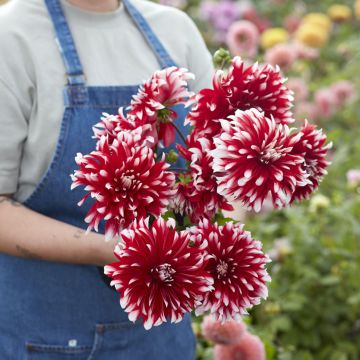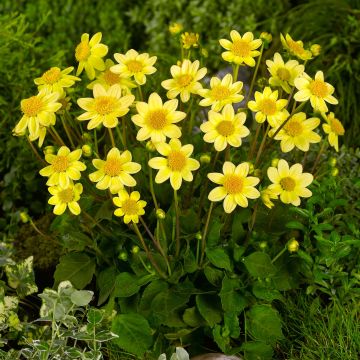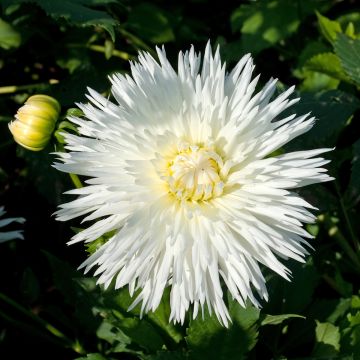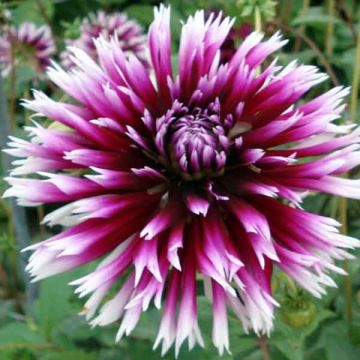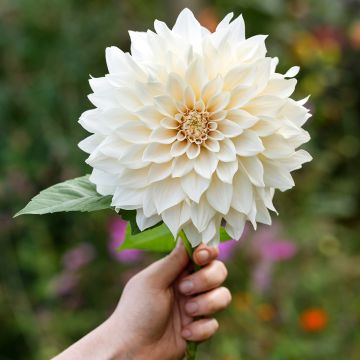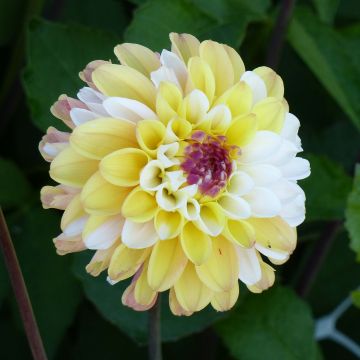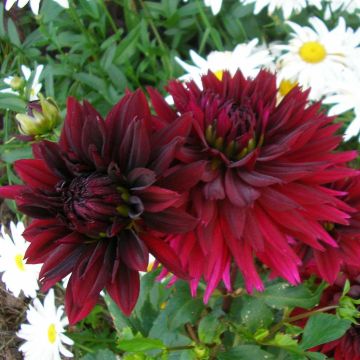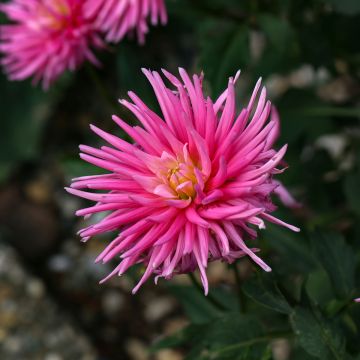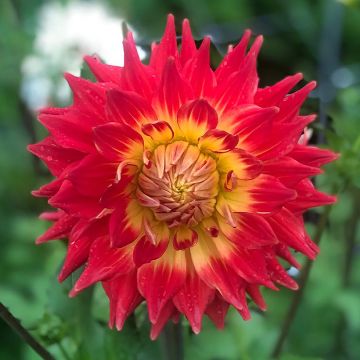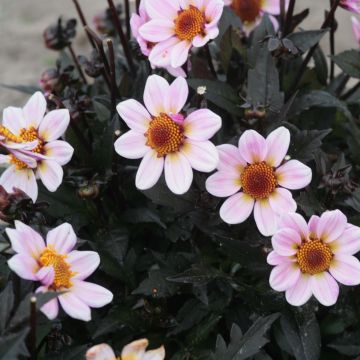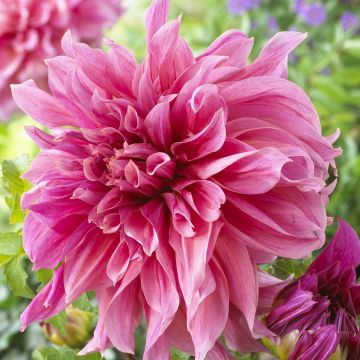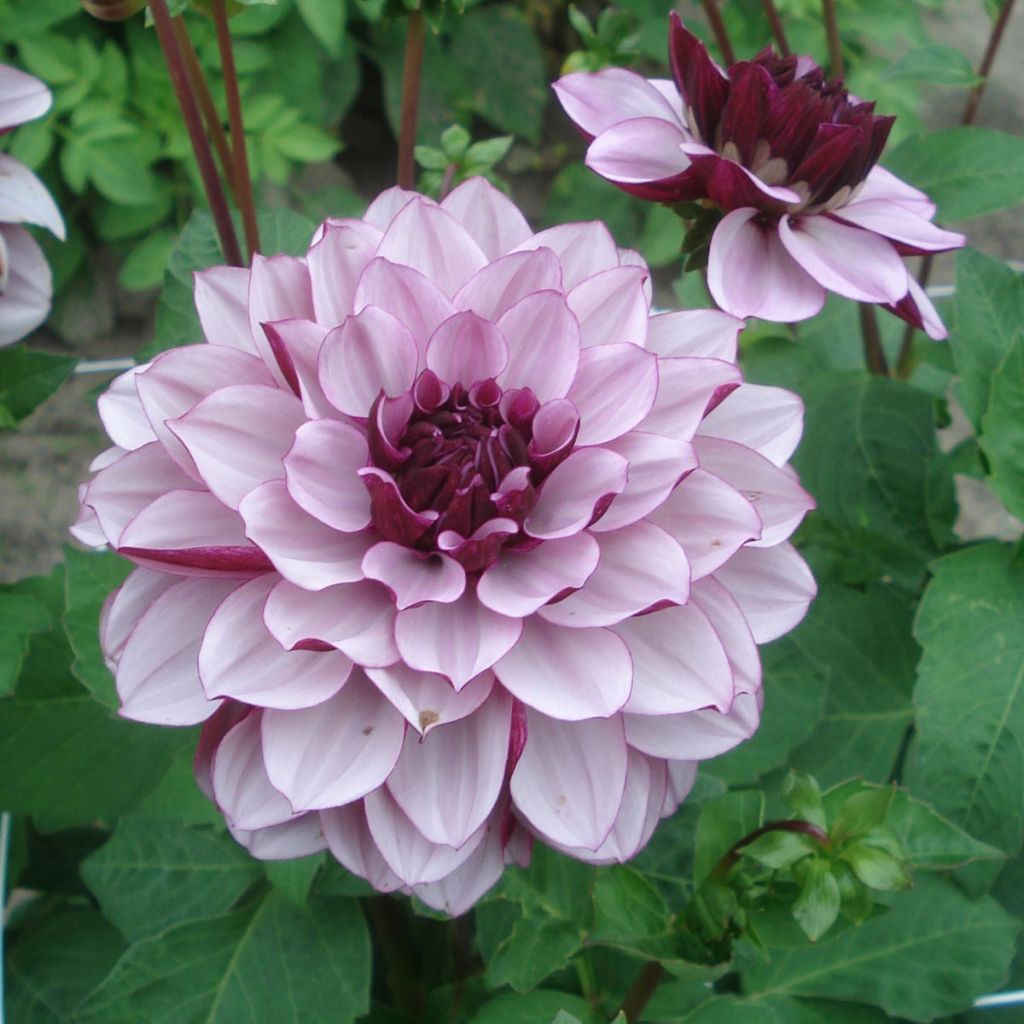

Dahlia Creme de Cassis
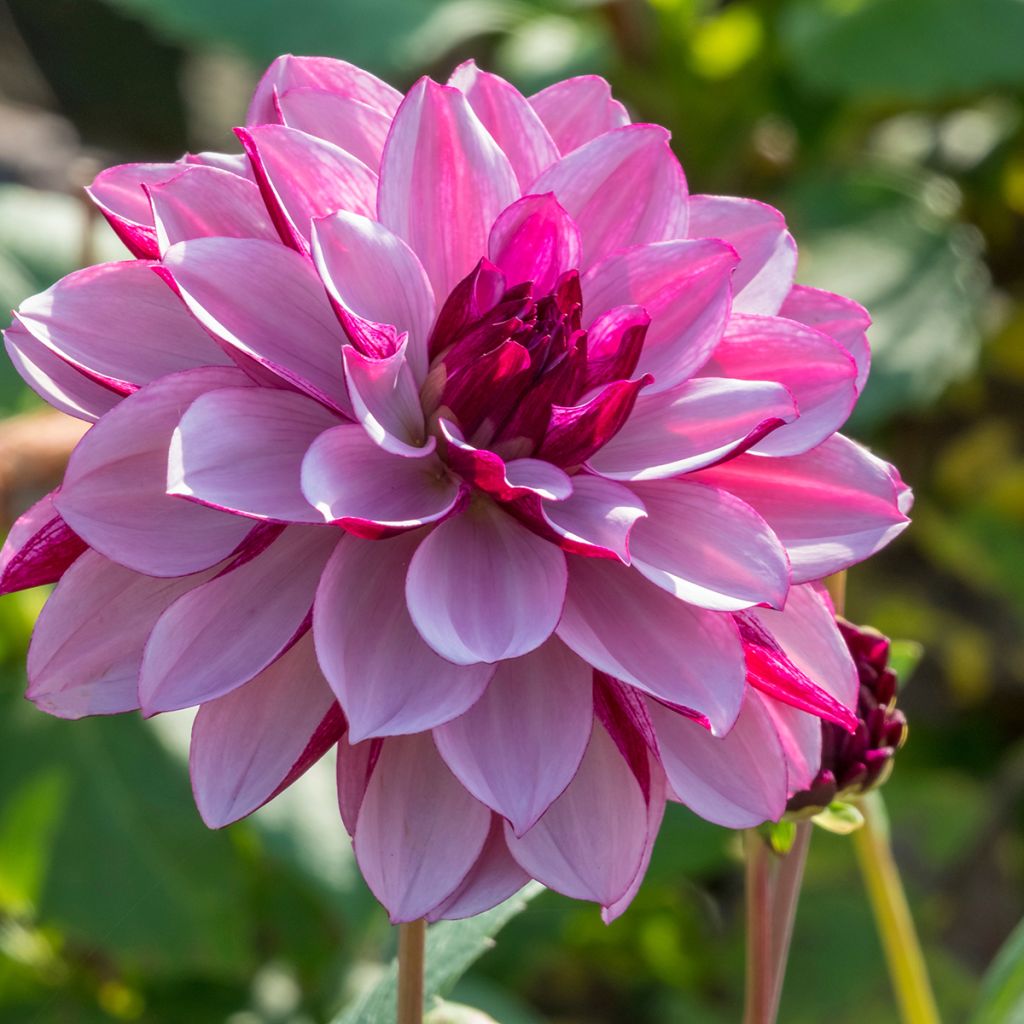

Dahlia Creme de Cassis
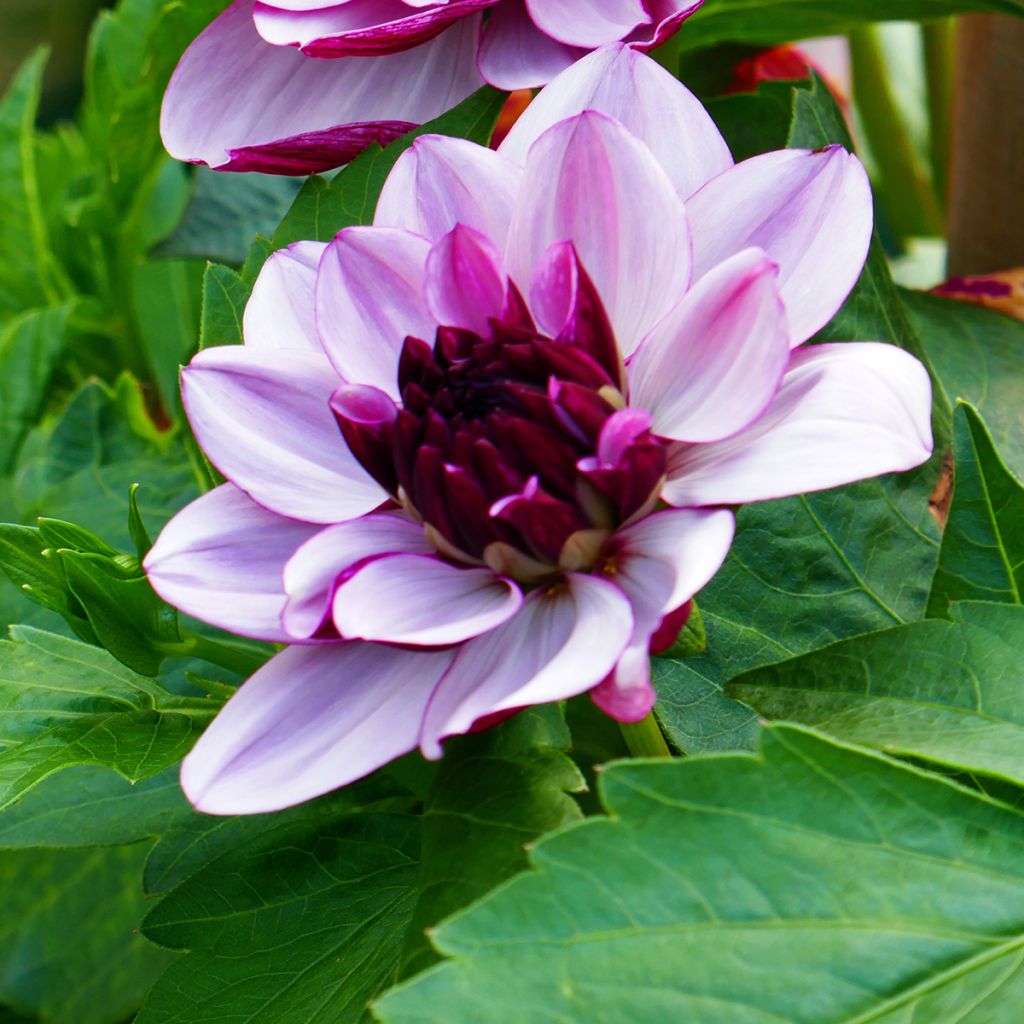

Dahlia Creme de Cassis
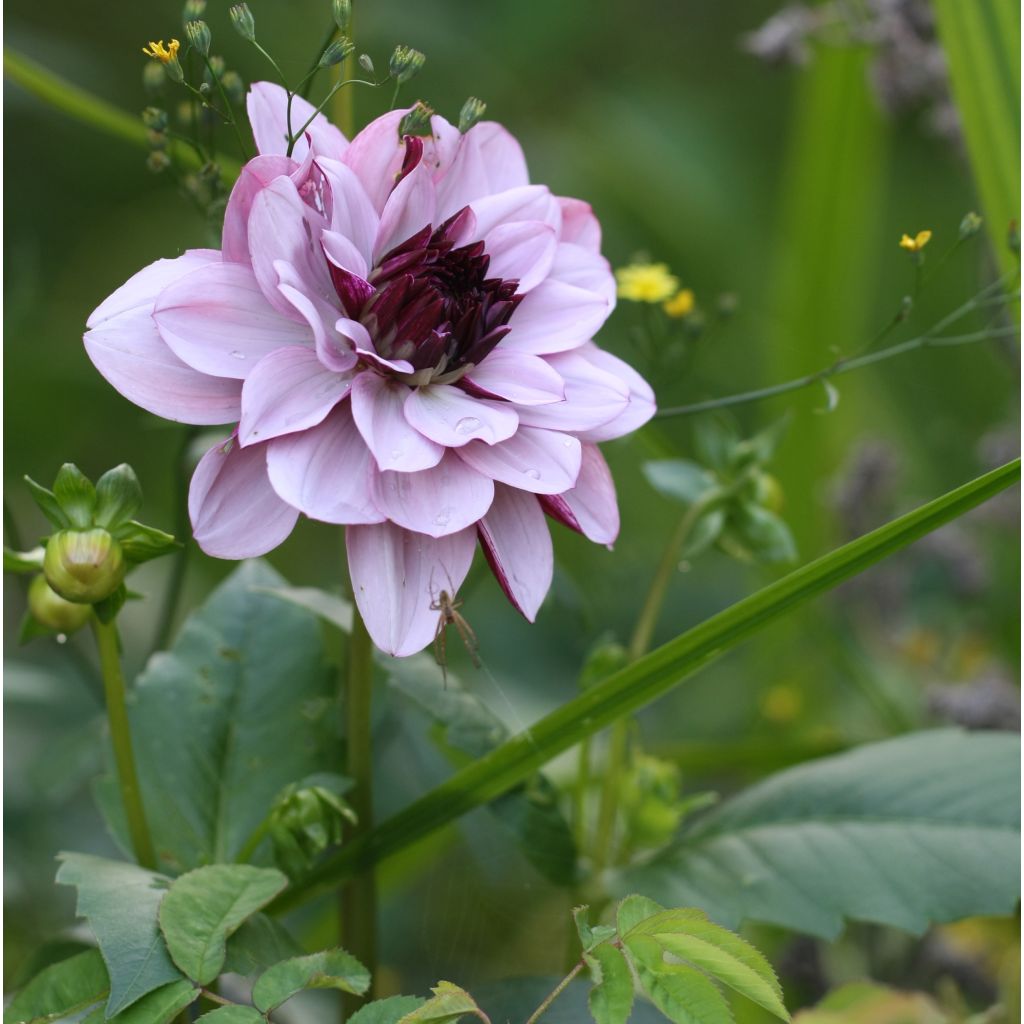

Dahlia Creme de Cassis
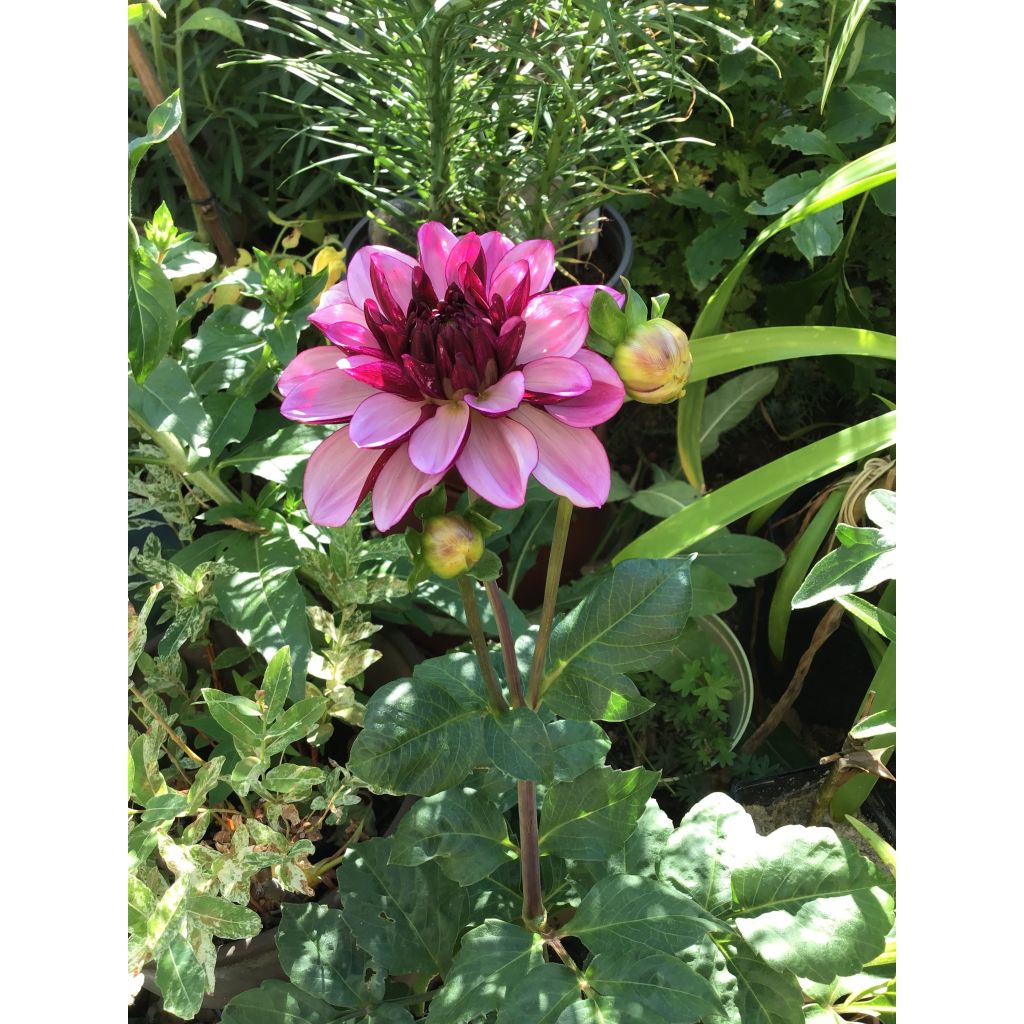

Dahlia Creme de Cassis
Dahlia Creme de Cassis
Dahlia Creme de Cassis
Dahlia
Why not try an alternative variety in stock?
View all →This plant carries a 6 months recovery warranty
More information
We guarantee the quality of our plants for a full growing cycle, and will replace at our expense any plant that fails to recover under normal climatic and planting conditions.
From €5.90 for pickup delivery and €6.90 for home delivery
Express home delivery from €8.90.

Does this plant fit my garden?
Set up your Plantfit profile →
Description
The Dahlia 'Creme de Cassis' is a variety that offers decorative purple and prune flowers.
The Dahlia 'Creme de Cassis' is a decorative dahlia that will reach 1m (3ft) in height and 60cm (24in) in width. Its stems are very branched and hollow. Its leaves are opposite and pinnatisect, meaning they are divided into 3 or 5 leaflets with very denticulate lobes. The stems and leaves are dark green to bronze. The plant has a bushy habit and, as a tall variety, it is essential to encourage its width to strengthen its structure. The flowers of decorative Dahlias are thicker than they are wide and often large. The 'Creme de Cassis' variety flowers are 15cm (6in) in diameter or larger, full and double. Many rows of ligules overlap. Those on the lower levels are often revolute (turned towards the stem), while those on the upper levels are involute, meaning they curve towards the centre of the inflorescence and are almost flat. Purple on the periphery, they become darker towards the centre. The shorter central florets form a bud before they reach maturity. Although this Dahlia is not blue, this variety is exceptional due to its colour. The dahlia flowering period is exceptionally long. Our variety starts flowering in July and continues until October. Removing faded flowers is essential to encourage continuous flowering and extend this period. Even better, regularly cut them to create attractive, colourful bouquets by combining different varieties.
Dahlias are easy to grow, and for a more generous flowering, it is good to follow a few simple rules: they are sun-loving plants that need plenty of sunlight. Plant the tubers in a sunny position once the last frost has passed. Rich, fresh and well-draining soils are welcome. Excessive moisture can cause the tubers to rot. Don't hesitate to amend the soil with compost and sand if necessary.
Dahlias are very melliferous, which is valuable for bees as nectar sources become scarce in autumn. In the middle of a flower bed, these Dahlias will create colourful spots alongside large rudbeckias, heleniums, cosmos, or even sedum accompanied by Pennisetum villosum to bring softness and delicacy to the decor.
A plant with a thousand faces, the Dahlia, originally from the high plateaus of Mexico, now has around 20,000 varieties. This tuberous plant was initially cultivated as a root vegetable for consumption. However, its poor taste qualities gave way to its exuberant flowering. Since then, the interest in this highly floriferous Asteraceae has never waned.
Report an error about the product description
Dahlia Creme de Cassis in pictures
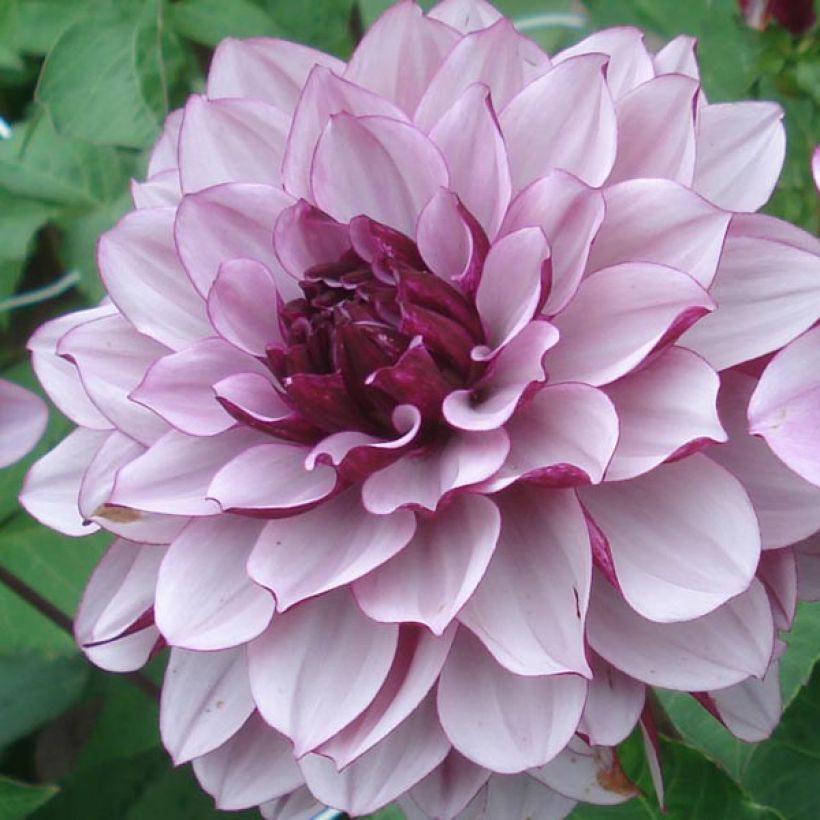

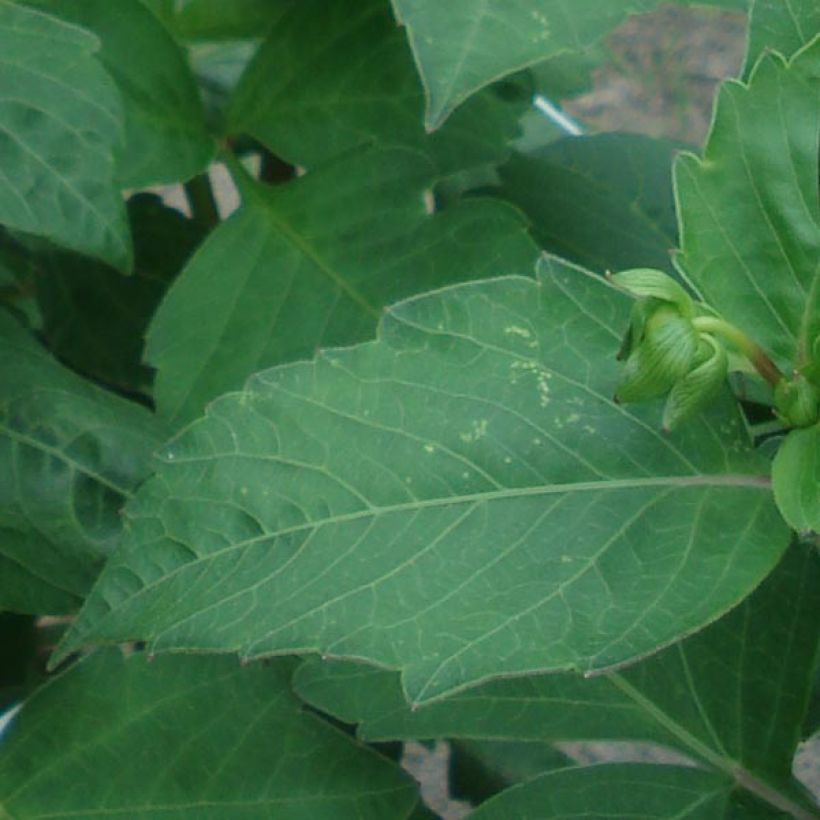

Plant habit
Flowering
Foliage
Botanical data
Dahlia
Creme de Cassis
Asteraceae
Dahlia
Cultivar or hybrid
Other Ornamental Dahlias
Planting and care
Plant your dahlias during the warmer days in deeply worked soil, enriched, for example, with blood, fish and bone. Place your tuber and crumble the soil well to fill without air pockets. Your dahlia should be covered with 6 cm (2in) of soil. At the end of planting, pour one litre of water. Water regularly during the first six weeks to aid in rooting. Dahlias are sensitive to cold. They need to be overwintered. In November, the first frosts will blacken the foliage, which is the time to dig them up. Carefully unearth the tubers. Remove as much soil as possible. Let the foliage dry so that the tuber can replenish its reserves. Cut the stems 10 cm (4in) from the tuber when the foliage is dry. Spread your bulbs in a box on a newspaper. Store away from frost in a dry, cool, and dark place.
Planting period
Intended location
Care
-
, onOrder confirmed
Reply from on Promesse de fleurs
Dahlias
Haven't found what you were looking for?
Hardiness is the lowest winter temperature a plant can endure without suffering serious damage or even dying. However, hardiness is affected by location (a sheltered area, such as a patio), protection (winter cover) and soil type (hardiness is improved by well-drained soil).

Photo Sharing Terms & Conditions
In order to encourage gardeners to interact and share their experiences, Promesse de fleurs offers various media enabling content to be uploaded onto its Site - in particular via the ‘Photo sharing’ module.
The User agrees to refrain from:
- Posting any content that is illegal, prejudicial, insulting, racist, inciteful to hatred, revisionist, contrary to public decency, that infringes on privacy or on the privacy rights of third parties, in particular the publicity rights of persons and goods, intellectual property rights, or the right to privacy.
- Submitting content on behalf of a third party;
- Impersonate the identity of a third party and/or publish any personal information about a third party;
In general, the User undertakes to refrain from any unethical behaviour.
All Content (in particular text, comments, files, images, photos, videos, creative works, etc.), which may be subject to property or intellectual property rights, image or other private rights, shall remain the property of the User, subject to the limited rights granted by the terms of the licence granted by Promesse de fleurs as stated below. Users are at liberty to publish or not to publish such Content on the Site, notably via the ‘Photo Sharing’ facility, and accept that this Content shall be made public and freely accessible, notably on the Internet.
Users further acknowledge, undertake to have ,and guarantee that they hold all necessary rights and permissions to publish such material on the Site, in particular with regard to the legislation in force pertaining to any privacy, property, intellectual property, image, or contractual rights, or rights of any other nature. By publishing such Content on the Site, Users acknowledge accepting full liability as publishers of the Content within the meaning of the law, and grant Promesse de fleurs, free of charge, an inclusive, worldwide licence for the said Content for the entire duration of its publication, including all reproduction, representation, up/downloading, displaying, performing, transmission, and storage rights.
Users also grant permission for their name to be linked to the Content and accept that this link may not always be made available.
By engaging in posting material, Users consent to their Content becoming automatically accessible on the Internet, in particular on other sites and/or blogs and/or web pages of the Promesse de fleurs site, including in particular social pages and the Promesse de fleurs catalogue.
Users may secure the removal of entrusted content free of charge by issuing a simple request via our contact form.
The flowering period indicated on our website applies to countries and regions located in USDA zone 8 (France, the United Kingdom, Ireland, the Netherlands, etc.)
It will vary according to where you live:
- In zones 9 to 10 (Italy, Spain, Greece, etc.), flowering will occur about 2 to 4 weeks earlier.
- In zones 6 to 7 (Germany, Poland, Slovenia, and lower mountainous regions), flowering will be delayed by 2 to 3 weeks.
- In zone 5 (Central Europe, Scandinavia), blooming will be delayed by 3 to 5 weeks.
In temperate climates, pruning of spring-flowering shrubs (forsythia, spireas, etc.) should be done just after flowering.
Pruning of summer-flowering shrubs (Indian Lilac, Perovskia, etc.) can be done in winter or spring.
In cold regions as well as with frost-sensitive plants, avoid pruning too early when severe frosts may still occur.
The planting period indicated on our website applies to countries and regions located in USDA zone 8 (France, United Kingdom, Ireland, Netherlands).
It will vary according to where you live:
- In Mediterranean zones (Marseille, Madrid, Milan, etc.), autumn and winter are the best planting periods.
- In continental zones (Strasbourg, Munich, Vienna, etc.), delay planting by 2 to 3 weeks in spring and bring it forward by 2 to 4 weeks in autumn.
- In mountainous regions (the Alps, Pyrenees, Carpathians, etc.), it is best to plant in late spring (May-June) or late summer (August-September).
The harvesting period indicated on our website applies to countries and regions in USDA zone 8 (France, England, Ireland, the Netherlands).
In colder areas (Scandinavia, Poland, Austria...) fruit and vegetable harvests are likely to be delayed by 3-4 weeks.
In warmer areas (Italy, Spain, Greece, etc.), harvesting will probably take place earlier, depending on weather conditions.
The sowing periods indicated on our website apply to countries and regions within USDA Zone 8 (France, UK, Ireland, Netherlands).
In colder areas (Scandinavia, Poland, Austria...), delay any outdoor sowing by 3-4 weeks, or sow under glass.
In warmer climes (Italy, Spain, Greece, etc.), bring outdoor sowing forward by a few weeks.

































